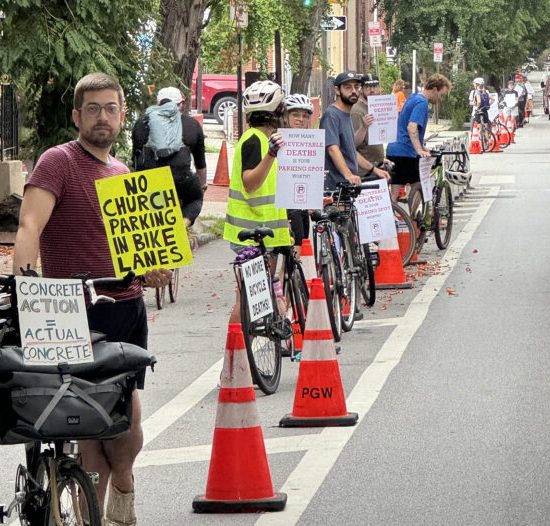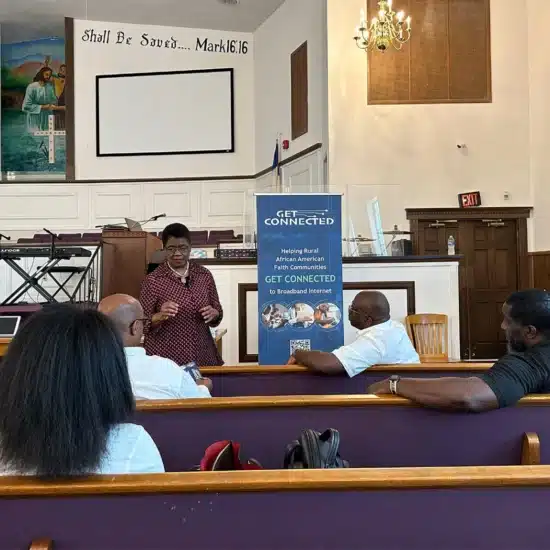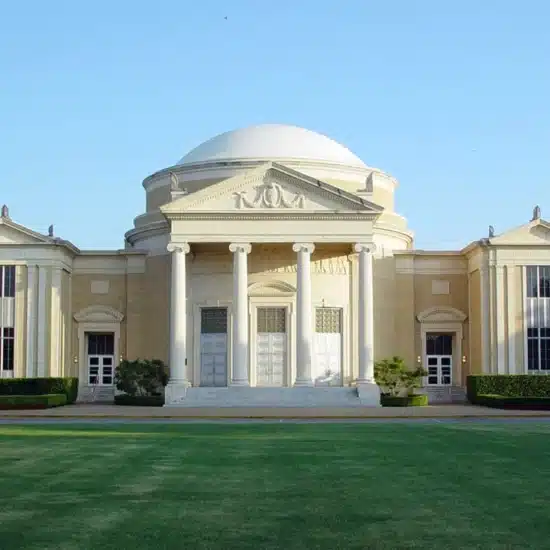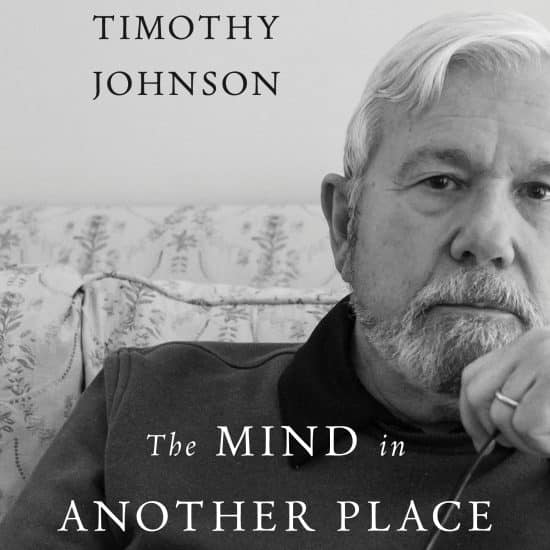
My son is a mutant. Literally.
Many parents of 13-year-old boys might believe this about their offspring, but in my case, it is the truth. Now I am not talking about the mutants we see in popular culture from X-Men to Ninja Turtles; although, he does have some interesting super powers.

Sarah Blackwell
Over 70,000 years ago, the MC1R gene on the 16th chromosome mutated causing more pheomelanin to be produced than eumelanin. The result: red hair. In the long run, this mutation became well-suited to the cloudy British Isles where a lack of sunlight could often lead to a lack of Vitamin D absorption. This mutation allows the body to absorb Vitamin D more effectively (which increases bone density and leads to less chance of osteoporosis), allowing these “mutants” to survive and thrive in their natural environment. Through the centuries, this trait was passed along through generations, leading to the highest concentration of red-haired people in the world within the British Isles.
Since neither his father nor I have red hair (nor any of his grandparents), I am often asked where my son gets his hair color. Short of giving a lengthy genetics lesson or a snide remark about Cheez-It consumption, my reply is that it comes from his 95-year-old great-grandmother, a Scottish Ferguson. My son is a mutant because my grandmother is a mutant, and those characteristics were passed along on both sides of his family — sometimes deeply hidden, but always with the possibility of a brilliant reemergence.
We often have negative connotations with the word “mutant,” and there are plenty of cases where mutations can be harmful and even deadly. However, there is a class of what scientists call “beneficial mutations” that allow organisms to thrive in a new or changing environment. Mutation is the basic building block of evolution that allows for changes that can prevent the extinction of a species.
Organizations often function like organisms — they must adjust or “mutate” to survive in the current environment. Churches, too, are not exempt from this need for mutation. In her book The Great Emergence, Phyllis Tickle explains that every 500 years or so, the church has a period of upheaval where “the incrustations of an overly established Christianity have broken open.” Shifts are happening all around us in this post-modern era. A mutation is on the horizon.
So, what can we do to foster the shifts necessary for a beneficial mutation that helps the church to thrive in the new environment? Mutations are happening on many fronts, but there are two that are near to my own heart.
The first is in the realm of theological education. Having just graduated from the Gardner-Webb School of Divinity in North Carolina, I have seen up close the next generation of spiritual leaders, and they are amazing. Not in a slick, arrogant way, but in an authentic way — where they raise deep questions and do not seek trite answers. They honor the lived experiences of others and are forging a spiritual path that is different than many of their peers.
Most importantly, though, for the first time in history they truly look like the entire assembly of the faithful. My classmates represent different genders, ages, races, denominations, and socio-economic groups. They are dance moms, drag-racing enthusiasts, writers, recovering addicts, chemists, recording artists, social workers, bakers, civil rights advocates, substitute teachers, and veterans. Some just stepped out of their undergraduate classes, and some can collect social security checks. Some are victims of church abuse and, despite their experiences, have hope for the local church. Some are preacher’s kids, who have followed their own call, even after knowing the dark underbelly of the beast. Many already have plans to be bivocational, not only because of necessity, but because it will allow them to connect with people in a more authentic way (rather than from a place of perceived authority).
I cannot help but be hopeful when I think of church leadership that better reflects the Imago Dei, the image of God. More diverse and authentic voices leading our congregations will aid in our mutation to thrive in a global society.
We all play a part, though, in continuing to support this new vision of leadership for the church. Encourage your local church to support scholarships for theological education. Offer internships with strong mentorship through your congregation. Have your church do pulpit exchanges so that more diverse voices can be heard in all congregations. Identify those in your congregation that have giftedness in pastoral care, teaching, or prophecy at any age or stage of their life. Maybe there is a person you know waiting for someone to say: “I think you should consider that you are being called to explore your ministry deeper.” Speaking from experience, it took a few well-timed questions like this to help me discern my own call. While the quality of those going into theological education is top-notch, we still need more quantity to account for a coming wave of retirements and many of those who are theologically trained opting out of the local church to work in non-profits, chaplaincy, and education.
The second way we can aid in a beneficial mutation is a greater emphasis on spiritual practices in our local churches. Here we hope for a brilliant reemergence of a trait largely hidden for generations, especially in many Protestant denominations. As Marjorie Thompson writes in Soul Feast, “Our current spiritual hunger is partly due to being out of touch with classic practices that could feed us.” With the rising number of people claiming to be “spiritual but not religious,” we see a hunger that remains for a connection with the divine. People today are just as likely, though, to seek that connection on Sunday mornings in a yoga studio as a sanctuary.
However, many churches have doubled down on purely rational, intellectual Christian education through more emphasis on dogma and apologetics, while neglecting experiential education through spiritual practices. The fact of the matter is that we are not going to be able to reason — or scare — the next generation into belief in Christ. No amount of head knowledge will be able to make up for a lack of heart understanding. Information over formation will not serve us going forward.
So, it is time to evaluate the current spiritual formation offerings in your context. Are spiritual disciplines introduced in your church in developmentally-appropriate ways at all ages and stages? Do you offer retreats where practices are taught and encouraged? How can you provide for additional training for your ministerial staff? How can your educational time move beyond learning about the Bible to allow true application of the contents to the lives of your members? As Leonard Ravenhill said, “A person with an experience is never at the mercy of a person with an argument.”
We need to take the pressure off our members to feel like they must understand every theological tenet of the church before being able to share “good news.” We have paralyzed our church members under the weight of expectations about “proper” evangelism. Release them from this burden by helping them excavate their own story of faith out of the hubris of daily life through the spiritual disciplines and then tell them that sharing their story can be as powerful as knowing all the right “answers” to the skeptic’s questions. In this way, our lives can personify our faith.

(JD Hancock/Creative Commons)
Many people fear these types of mutations, calling them “caving to popular culture.” The fact of the matter is that the church is not relevant in people’s lives unless it is engaging with the popular culture. Remember that mutations do not cause a fundamental shift in the essence of the organism. Usually it requires very little change in the overall genetic code to make these adaptations, while 99.99% of the essence of the organism remains the same.
While I will never share my son’s mutation, I can rest assured that we still share many of the same important traits. Therefore, I am not talking about a change in the gospel message the apostles were first tasked with sharing on Pentecost. It is simply about a more effective delivery method given the current environment.
Phyllis Tickle notes that every time we have had these seasons of turmoil, “the faith has spread — and been spread — dramatically into new geographic and demographic areas, thereby increasing exponentially the range and depth of Christianity’s reach as a result of its time of unease and distress.” A more vital organism emerges from the stress that causes the mutation.
Let our descendants, then, carry these good mutations forward into the future, just as my red-haired son can carry his great-grandmother’s legacy into future generations. Let the mutant church arise!
Sarah Blackwell graduated with a Master of Divinity from Gardner-Webb School of Divinity in December of 2020 with a concentration in Christian Education. She is a former CBF-NC Scholar and serves on the CBF-NC Spiritual Formation Team. Sarah has ministered as a deacon and currently volunteers with youth and young professionals at Providence Baptist Church in Charlotte, North Carolina. She obtained permission from her teenager to call him a “mutant” in public. Explore her writings at proximitytolove.org.






